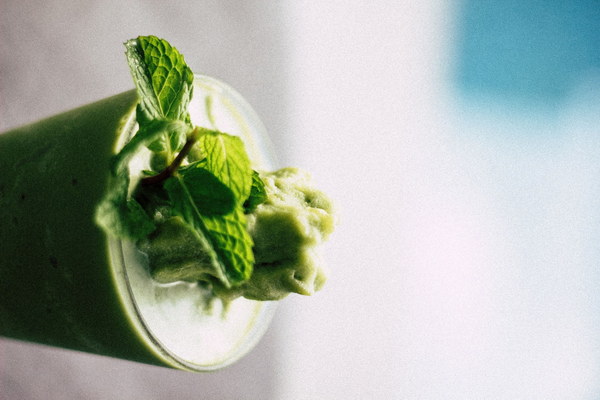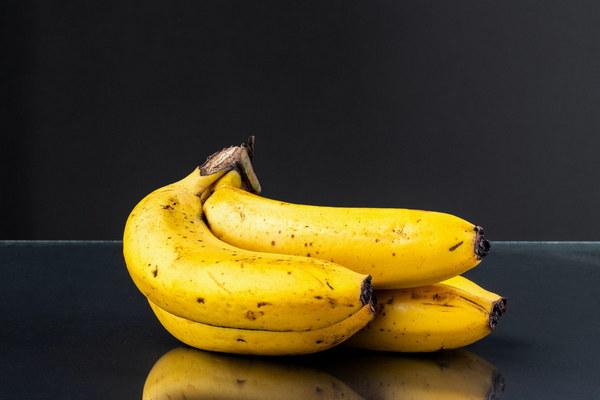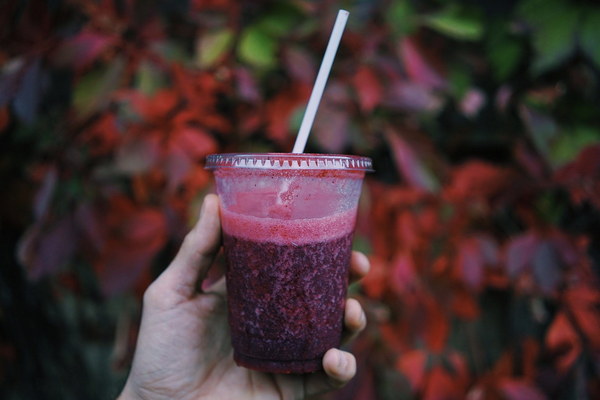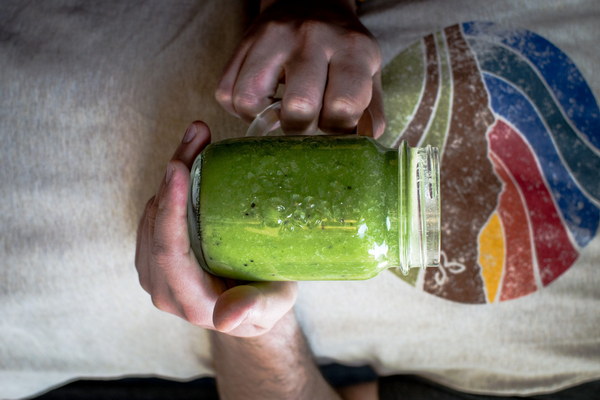Are Diuretics and Dampness-Relieving Remedies the Same
Introduction:

In traditional Chinese medicine (TCM), the concept of dampness is often associated with various health issues, and the use of diuretics is a common practice in Western medicine. Many people wonder whether diuretics and dampness-relieving remedies are the same. In this article, we will explore the differences and similarities between these two approaches to achieve a better understanding.
I. Definition and Function of Diuretics
Diuretics are medications that increase urine production, leading to the removal of excess fluid from the body. They are commonly used to treat conditions such as hypertension, heart failure, and kidney diseases. By promoting diuresis, diuretics help reduce blood volume and lower blood pressure, thereby improving overall cardiovascular health.
II. Definition and Function of Dampness-Relieving Remedies in TCM
In TCM, dampness refers to a pathogenic factor that can lead to various health issues, such as fatigue, weight gain, and edema. Dampness-relieving remedies are natural substances or treatments aimed at eliminating dampness from the body. These remedies can include herbs, acupuncture, and dietary adjustments. The primary goal of dampness-relieving remedies is to restore balance and harmony in the body.
III. Similarities between Diuretics and Dampness-Relieving Remedies
1. Both aim to reduce fluid retention: Diuretics and dampness-relieving remedies both target fluid retention in the body, which can help alleviate symptoms such as edema and hypertension.
2. Can improve overall health: By reducing fluid retention, both approaches can contribute to the improvement of overall health, especially for individuals with cardiovascular and kidney diseases.
3. May have side effects: Both diuretics and dampness-relieving remedies can have side effects, such as electrolyte imbalances and gastrointestinal discomfort.
IV. Differences between Diuretics and Dampness-Relieving Remedies
1. Mechanism of action: Diuretics work by directly increasing urine production, while dampness-relieving remedies in TCM aim to restore balance and harmony in the body, often by addressing the root cause of dampness.
2. Source of ingredients: Diuretics are synthetic or derived from plants, while dampness-relieving remedies in TCM are primarily based on herbal medicine, which has a longer history of use.
3. Application: Diuretics are commonly prescribed by healthcare professionals for specific medical conditions, while dampness-relieving remedies in TCM are used based on individual diagnosis and treatment plans.
Conclusion:
In conclusion, while diuretics and dampness-relieving remedies share some similarities, such as their aim to reduce fluid retention and improve overall health, they differ significantly in their mechanisms of action, ingredients, and application. It is essential to consult with healthcare professionals when considering either approach, as the appropriate treatment depends on the individual's specific condition and needs. Whether using diuretics or dampness-relieving remedies, understanding the differences between these approaches can help individuals make informed decisions regarding their health.









